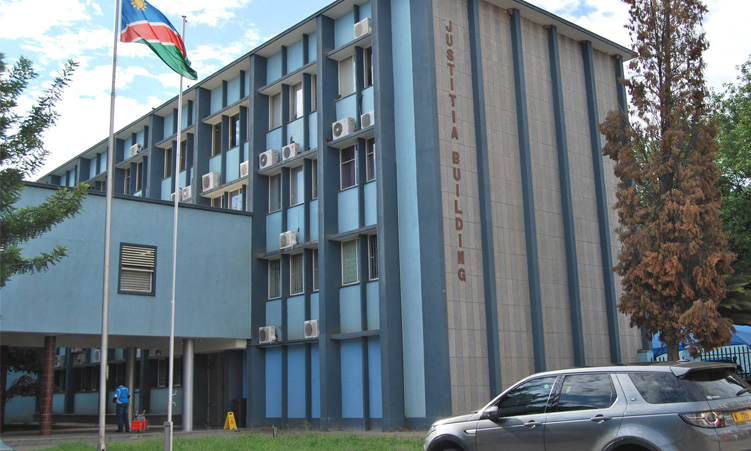The Ministry of Justice has announced significant amendments to legal aid regulations under the Legal Aid Act, 1990 (Act No. 29 of 1990).
Justice ministry acting spokesperson Edmund Khoaseb says the amendments aim to enhance access to justice for poor Namibians.
Khoaseb says a key change is the increase in the income threshold to qualifying for legal aid. Under the amended regulations, a person may now qualify for legal aid if their monthly income does not exceed N$7 000.
“This substantial increase from the previous threshold is expected to ensure that more individuals have access to legal assistance at the state’s expense,” Khoaseb adds.
He says the justice ministry anticipates a significant increase in the number of applications for legal aid due to the amendments.
To accommodate this expected rise, the ministry is in the process of appointing additional legal aid counsel. The ministry further plans to appoint assistant legal aid counsel in the next financial year to handle criminal cases in magistrate’s courts, he says.
Khoaseb further says the ministry’s allocated budget of N$35 million for the current financial year reflects an increase from the previous financial year’s allocation. This funding will support the ministry’s hybrid model of using both in-house counsel and private legal practitioners, Khoaseb adds.
To ensure comprehensive legal support, Khoaseb says the ministry will collaborate with the Law Society of Namibia and the University of Namibia’s Legal Aid Clinic. These partnerships are crucial to ensure all clients receive the attention and legal representation they need, he notes.
By increasing the income threshold and allocating more resources, Khoaseb says the ministry is making it easier for low-income residents to obtain legal aid, ensuring that more people have a fair chance of being heard in court.
Stay informed with The Namibian – your source for credible journalism. Get in-depth reporting and opinions for
only N$85 a month. Invest in journalism, invest in democracy –
Subscribe Now!










